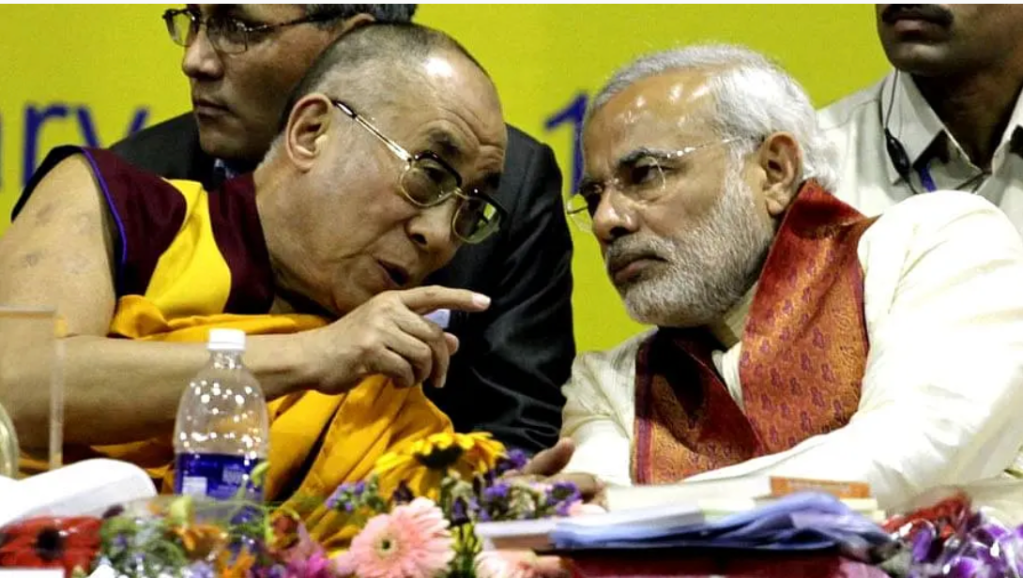 An edited version of this review was published at the Guardian. I like the Guardian’s books section and its G2 section, not least because they sometimes pay me to write. I also like some of their brave correspondents, such as Martin Chulov. What I don’t like at all is the idiotic, orientalist, conspiratorial, fact-free, and sometimes racist narrative against the revolutions in Syria and Libya which is so common in the Guardian’s comment sections. Blanket-thinking statist leftists like Seamus Milne and Jonathan Steele dominate, alongside ignorant polemicists like Tariq Ali. The last lines of my review target people like them, who are unfortunately influential in ‘liberal’ Britain. I am not at all surprised that the Guardian cut these lines from the review, although I name no names. These lines: “….the new Islamophobia of sections of the left, the notion that US imperialism and ‘al-Qa’ida’ are in league to destabilise imagined ‘secular’, ‘resistance’ regimes. Those who defended Iraqi Islamists in the Blair years now point to the Allahu Akbar chant as evidence of an agenda far more benighted than that of the genocidal neo-liberal dictatorships.” (I just spoke to the good man who commissioned the piece. He says the issue was space in the print edition. Fair enough. But why cut the lines which apply to Guardianistas?)
An edited version of this review was published at the Guardian. I like the Guardian’s books section and its G2 section, not least because they sometimes pay me to write. I also like some of their brave correspondents, such as Martin Chulov. What I don’t like at all is the idiotic, orientalist, conspiratorial, fact-free, and sometimes racist narrative against the revolutions in Syria and Libya which is so common in the Guardian’s comment sections. Blanket-thinking statist leftists like Seamus Milne and Jonathan Steele dominate, alongside ignorant polemicists like Tariq Ali. The last lines of my review target people like them, who are unfortunately influential in ‘liberal’ Britain. I am not at all surprised that the Guardian cut these lines from the review, although I name no names. These lines: “….the new Islamophobia of sections of the left, the notion that US imperialism and ‘al-Qa’ida’ are in league to destabilise imagined ‘secular’, ‘resistance’ regimes. Those who defended Iraqi Islamists in the Blair years now point to the Allahu Akbar chant as evidence of an agenda far more benighted than that of the genocidal neo-liberal dictatorships.” (I just spoke to the good man who commissioned the piece. He says the issue was space in the print edition. Fair enough. But why cut the lines which apply to Guardianistas?)
Arun Kundnani’s “The Muslims Are Coming”, vastly more intelligent than the usual ‘war on terror’ verbiage, focusses on the war’s domestic edge in Britain and America.
Kundnani’s starting point is this: “Terrorism is not the product of radical politics but a symptom of political impotence.” The antidote therefore seems self-evident: “A strong, active, and confident Muslim community enjoying its civic rights to the full.” Yet policy on both sides of the Atlantic has ended by criminalising Muslim opinion, silencing speech, and increasing social division. These results may make political violence more, not less, likely.
The assumptions and silences of the counter-radicalisation industry end up telling us far more about particular ideological subsections of Anglo-American culture than they do about the Muslims targetted. The two dominant security approaches to Muslim citizens described by Kundnani – ‘culturalist’ and ‘reformist’ –focus on ideology rather than socio-political grievances.
Culturalism’s best-known proponent is Bernard Lewis, Dick Cheney’s favourite historian, who locates the problem as Islam itself, a totalitarian ideology-culture incompatible with democratic modernity. So Mitt Romney explains the vast divergence between Israeli and Palestinian economies thus: “Culture makes all the difference” – and decades of occupation, ethnic cleansing and war make none. Writer Christopher Caldwell believes residents of the Paris Banlieu rioted in 2005 because they were Muslims (although many weren’t), and not because of unemployment, poor housing, and police violence. Perhaps the silliest culturalist intervention was Martin Amis’s “The Second Plane”, where Amis breezily admitted he knew nothing of geopolitics but claimed authority nevertheless from his expertise in ‘masculinity’ – 9/11 was explained by Islamic sexual frustration. Such discourses are part of an influential tradition of silliness. In 1950s colonial Kenya, psychiatrist JC Carothers understood the Mau Mau uprising as “not political but psycho-pathological”.
More charitable than culturalism, reformism identifies the problem as a perversion of Islamic doctrine. With General Petraeus’s Iraqi ‘hearts and minds’ campaign, reformism came to dominate the post-Rumsfeld Pentagon; what started in counter-insurgency was soon considered as relevant to Bradford as Basra. It involved an accumulation of anthropological ‘knowledge’ through surveillance (David J Kilcullen describes counter-insurgency as “armed social science”), and it underlay the assumption of Obama’s 2009 Cairo speech that positive recognition of moderate Muslim culture could solve political conflict. Quran-reading Tony Blair shared the notion that terrorism’s “root cause… was not a decision on foreign policy, however contentious, but… a doctrine of fanaticism.” Continue reading “The Muslims Are Coming!”


 The following is an excerpt from an interview with me and my collaborator Nader Hashemi that will be published soon by the excellent online magazine
The following is an excerpt from an interview with me and my collaborator Nader Hashemi that will be published soon by the excellent online magazine 

 An edited version of this review
An edited version of this review 